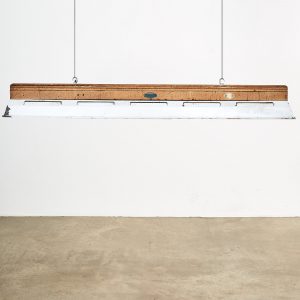Benjamin Flurolier Lights
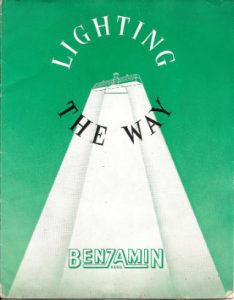
The Benjamin Electric Ltd was founded in 1908, barely thirty years after the invention of the electric light bulb itself, and so could not have been accused of exaggeration when they described themselves to be the ‘pioneers of scientific industrial lighting’.
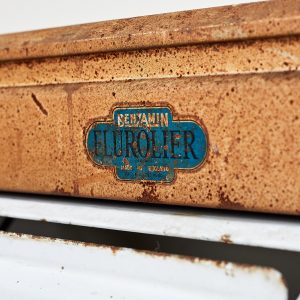
Operating out of an ever expanding complex of works and offices, first in Roseberry Avenue, Clerkenwell, then from a larger site in Tottenham, the firm’s fortunes grew steadily as a an industrial nation nursed on steam weaned itself slowly into the Electric Age.
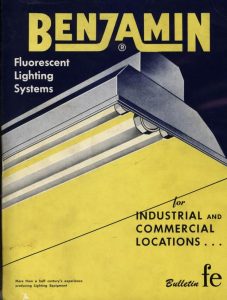
In common with all British industry when the last war broke out Benjamin Electric contributed its expertise to the common struggle. Cockpit lighting in fighters and bombers were in heavy demand as were searchlights and more complex arrays for landing and signalling throughout the Kingdom and in all branches of His Majesty’s Armed Forces.
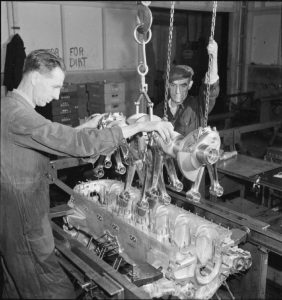
Benjamin also supplied armaments factories up and down the country with effective, reliable illumination through its hard wearing uncompromisingly practical products. The production lines that were the lifeblood of the war effort were kept alight beneath Benjamin Electric stock.
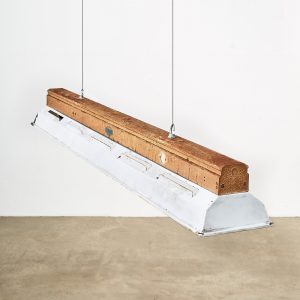
This was nowhere more important than at the Derbyshire Rolls Royce plant that manufactured the Merlin Engines which propelled both the Spitfire and the Lancaster Bomber to war. Engineers fabricated over 30,000 of these crucial engines, working night and day under Benjamin lights at the factory on Nightingale Road.
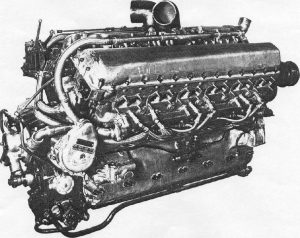
The low lying geography of the area and the unrelenting smoke screen maintained by the local Air Raid Precaution (ARP) units seemed to have spared the factory and its workers from the spite of German bombers until the morning of July 27 1942. On that summer morning a single low flying Dornier 217 did indeed hit the factory and the resultant loss of life was the largest single such incident for any air raid on the town of Derby.
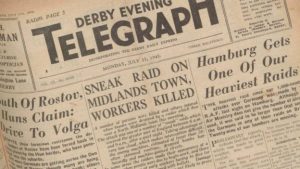
The Nightingale works were, of course, back up and running as swiftly as possible manufacturing the very engines that would compel the enemy to, in the terrible phrase of Sir Arthur ‘Bomber’ Harris, ‘reap the whirlwind’.
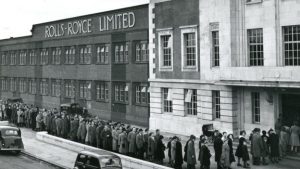
Soon after Victory the Nightingale works returned their attention to the peaceful arts. The ‘best car in the world’, the Rolls Royce Silver Ghost, had been produced beneath the lights of the factory floor in Derby before wartime interruption and now could happily resume. Rolls Royce maintained motor production at the plant until the end of the 1990’s when the workforce was moved to alternative premises.
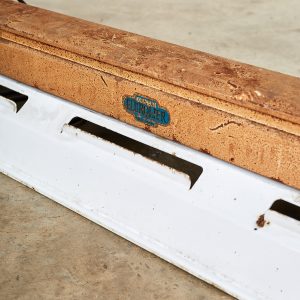
LASSCO was, as ever, on hand to salvage the relics of this historic site. The development of the land into a residential scheme has meant the demolition of many of the old factory buildings, although the magnificent marble entrance hall has been retained. Many of the early Benjamin Flurolier lights have been reclaimed from the factory floor and have been comprehensively rewired by us. We now offer them to customers as genuine relics of British industrial history and design.
